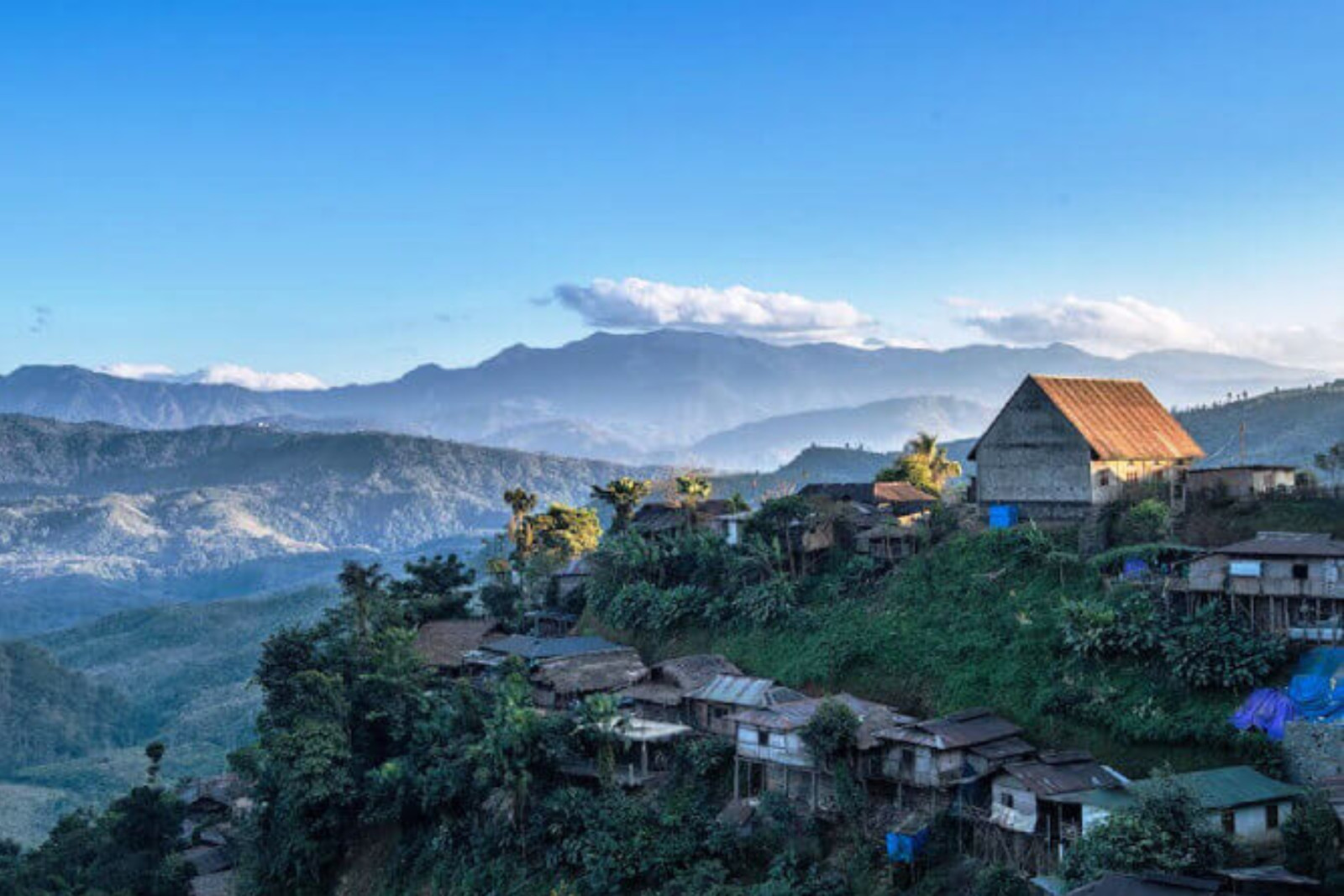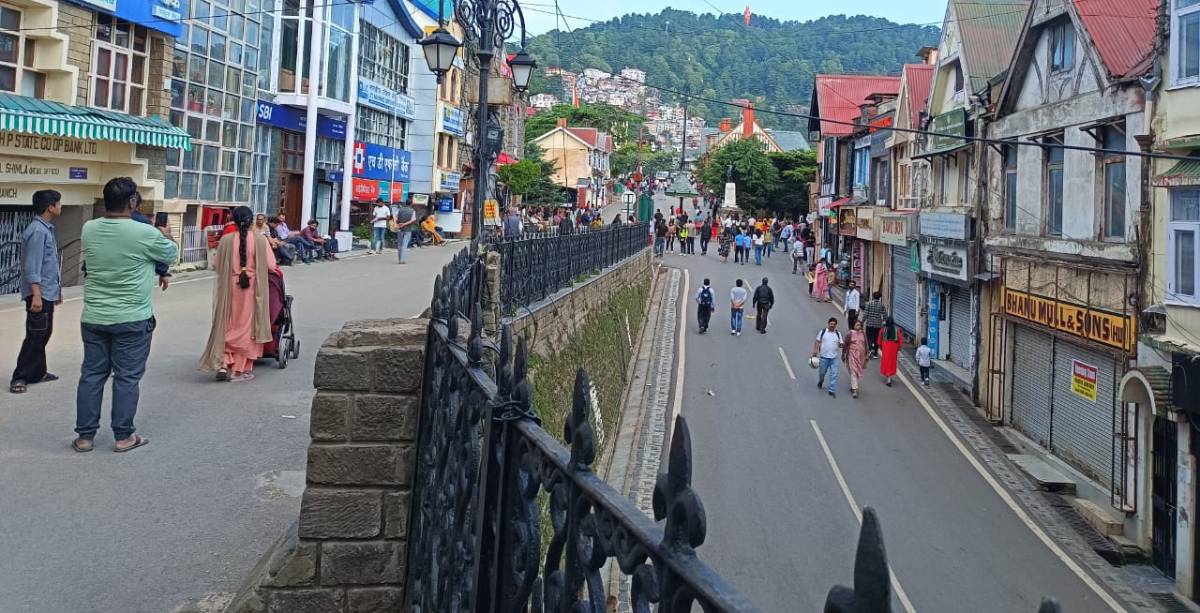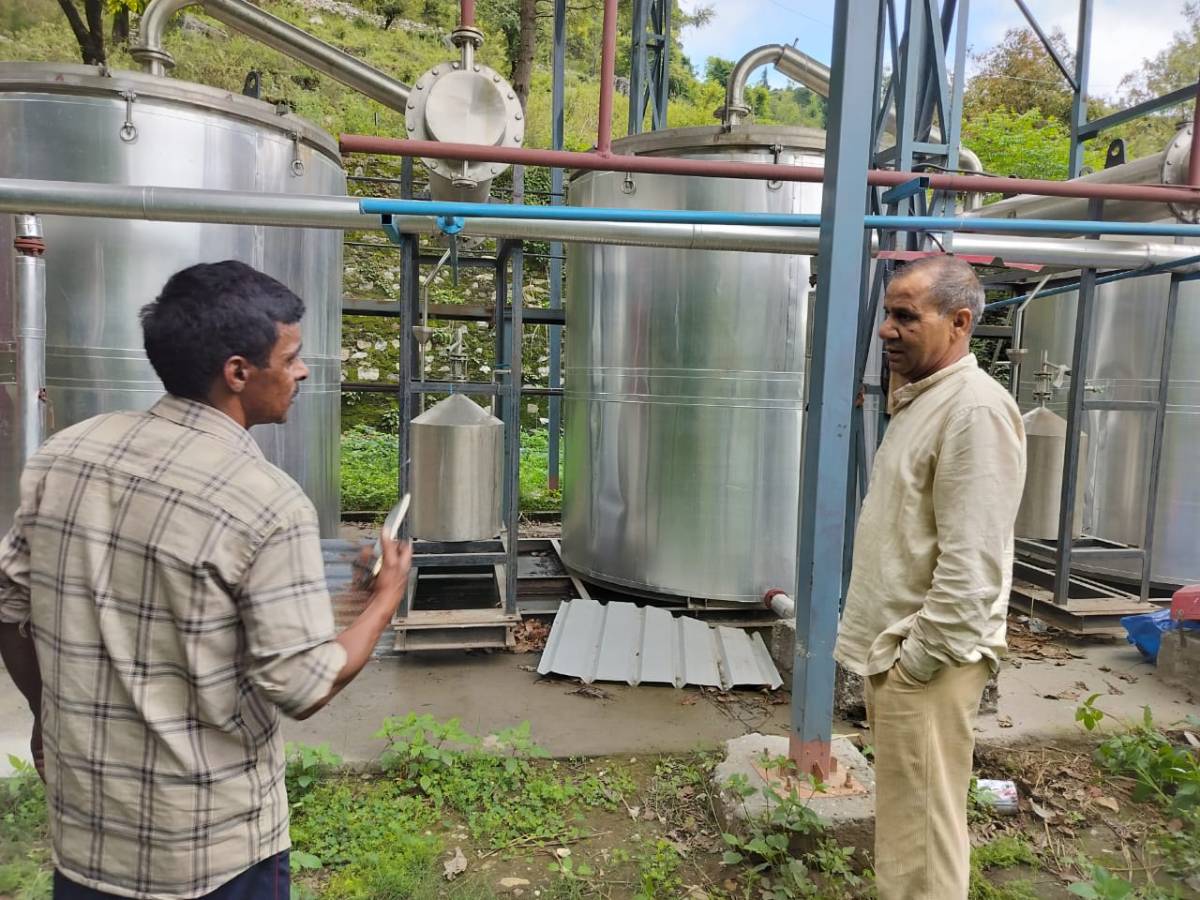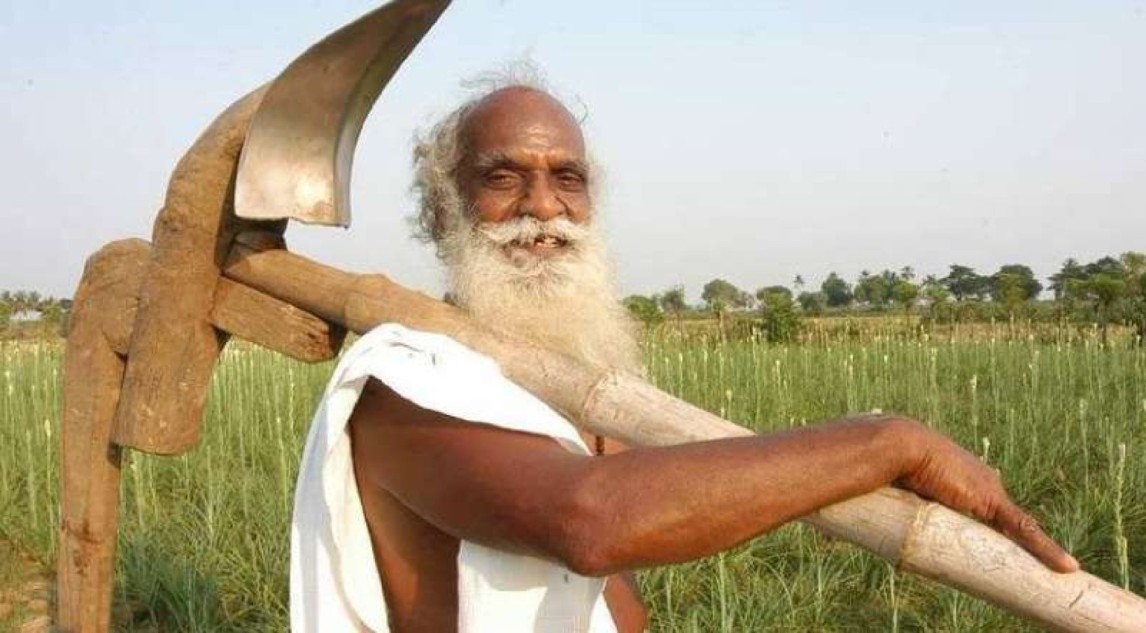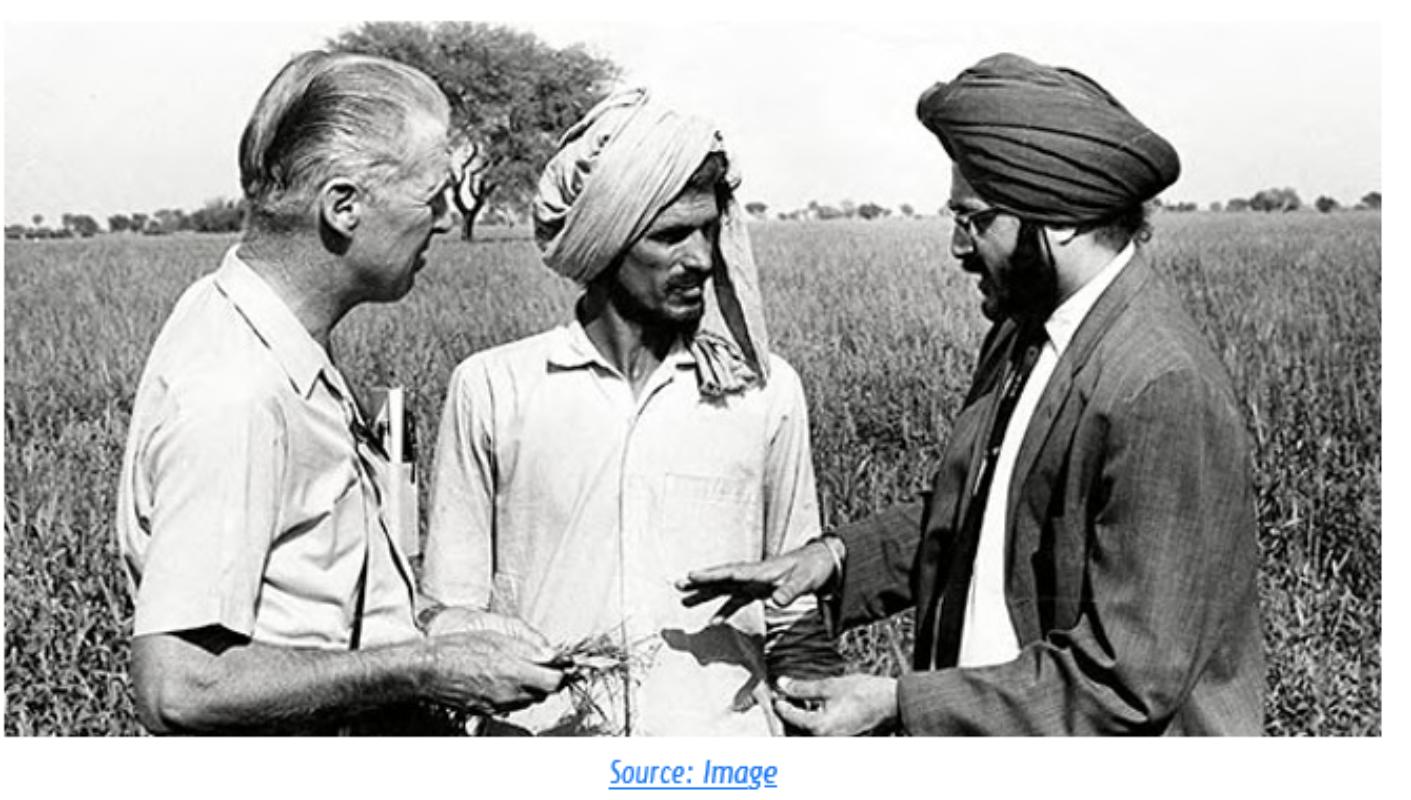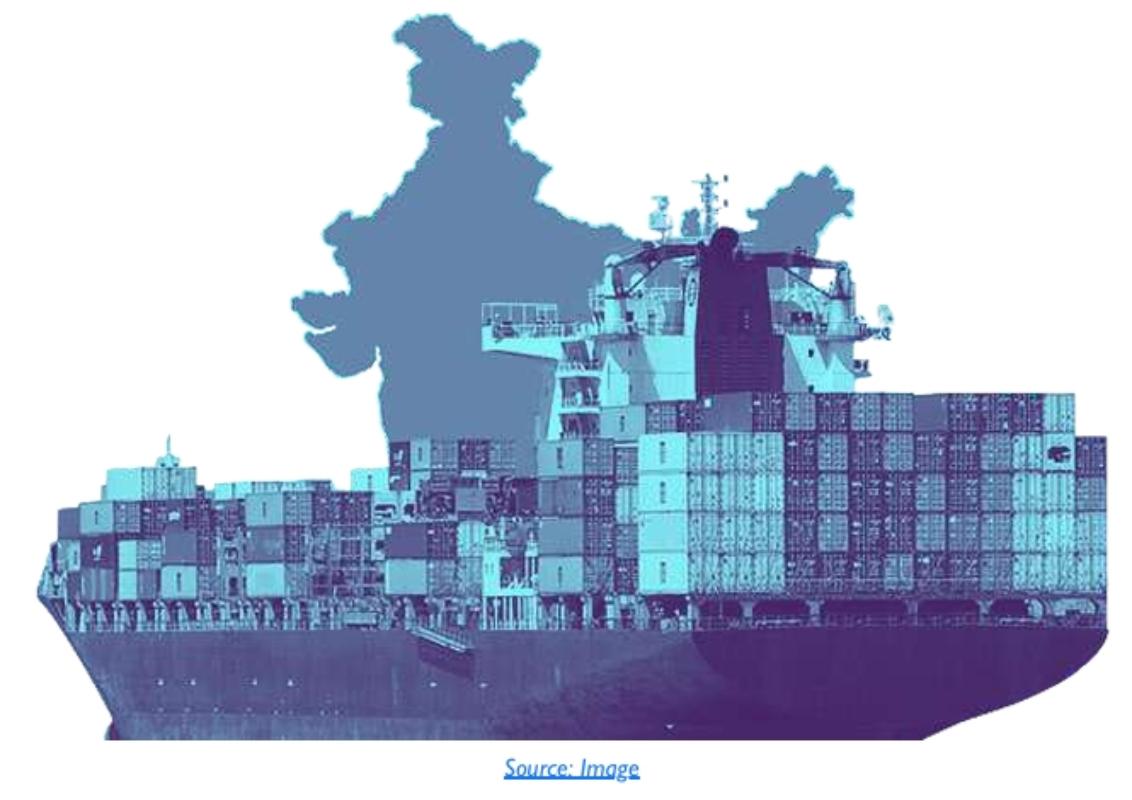The onset of extensive government jobs in 1964 introduced a cash economy for the state of Nagaland. Within 25 years, the isolated subsistence economy of the Naga villages was changed forever with the income from government jobs. It heralded the new age of the modern economy where cash ruled supreme.
It demolished the Paddy and Livestock supremacy economy. With Nagas having no Landlords, Nobility and Monarchy, and every Naga having land ownership, the cash income from the tertiary sector- Government jobs, immediately improved the living standard of the Nagas.
This was not so for Nagas living in Manipur state; things began to speed up only in the 1990s as more people got into Central government jobs. For Nagas in Assam, the cash economy crept in sluggishly.
The Nagas in Arunachal Pradesh and Mon-Tuensang areas of Nagaland state, though they had good political representation with several MLAs, cash income did not speed up as it could have. Rather, political platforms seemed to have entrenched government subsidies and grant-based economies.
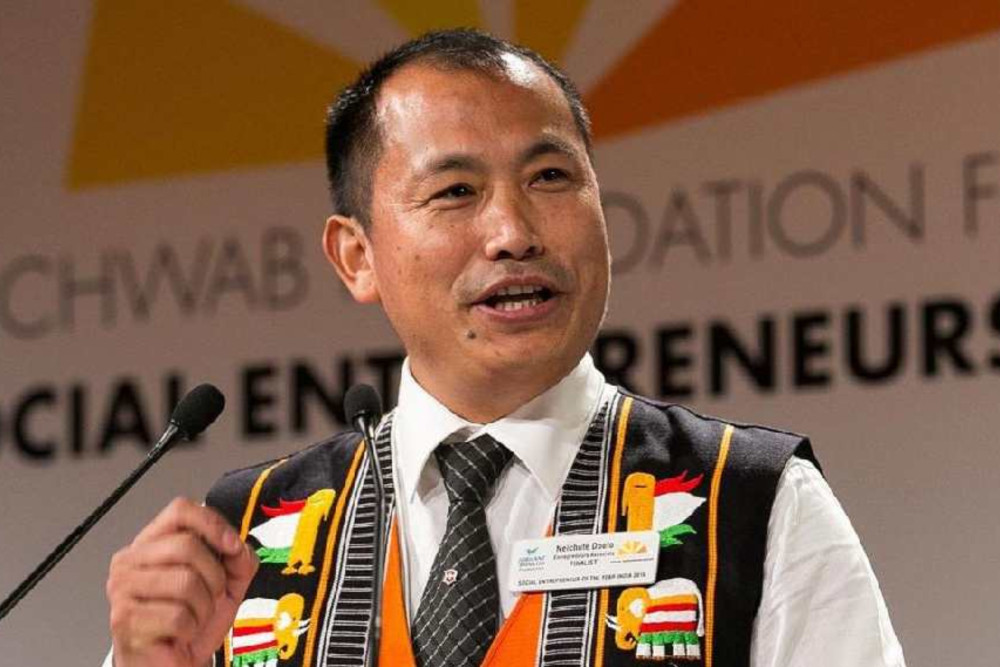
When you look back at the recent history lane of the Nagas’ experience with modernity, a government job meant providing white rice to the family when others ate only brown rice during the 1960s. It meant providing CGI roofing houses for the family when others had thatch roofing in the 1970s and 80s.
It meant family members could go off to far places to study. It meant that the parents’ hospitalization was borne by the government. It ensured that when you retire, you could build a concrete building from your GPF/Pension funds and have enough for the table till you go to the grave.
And what is more, after your death, your spouse can still enjoy your pension! Is this job not good?
The Bible states “Where your heart is, there your treasure is”. Is our treasure therefore in government jobs only? This is where we must review our social priorities. Nagas are yet to experience cash income from business and corporate jobs. Developed societies know this, but not so for Nagas.
Therefore, it is natural for Nagas to associate income and success with government jobs only, given the reality of the Naga situation till 2005 with Nagaland being branded as dangerous and a war zone by Delhi.
This made government jobs the best and to a great extent, the only option for Nagas till the 1990s. On the contrary, Nagas are missing the much higher income business and jobs in MNCs. We are unable to morph with the rapid change of economic tides and the opening of the Naga market in India and the world.
The pervasive Government jobs in Nagaland developed a new social conditioning within communities. The density of government jobs for a village or community became the fundamental yardstick of development and growth across Nagaland. The number of Gazetted officers that a village or Tribe has automatically becomes the index for progress. Clocking government jobs became synonymous with development. The statistical development index was measured with the number of government servants a Naga village had. Agriculture and Business are non-entity indicators of economic development and growth. Jobs in MNCs and Private sectors are not even counted as jobs in most parts of the Naga society.
Gradually, the concentration of government resources in the hands of some communities created a huge disparity of wealth-holding amongst different Naga communities. This led to a huge divide in the Naga society. The limited idea of a cash economy from government jobs and expenditure only, slowly led to the disparity of Income distribution in Naga society. The differences in the living standard, physical development indexes, health facilities and basic infrastructures of connectivity began to be skewed towards those districts which had more bureaucrats.
The disparity of government fund allocations amongst communities became more glaring and evident as those who occupied the government chair scored more of government funds for their areas and deprived others. Could this deprivation also lead to the “Frontier Nagaland” slogan? There are other causes, but disparity of government resource allocations is obtrusive.
For the Nagas living in Myanmar, even to date, the cash economy is very low. There is no government job, and connectivity is almost absent. Will the Nagas in Myanmar wait for government jobs and connectivity to catapult their economy into a modern economy?
Connectivity is a real impediment and is an external factor, but the job is not and can be compensated if connectivity exists. This can happen only through entrepreneurship.
Sadly, income from business is almost non-existent amongst the Nagas, be it Manipur, Nagaland Assam, Arunachal Pradesh, or Myanmar. The Nagas’ failure to appreciate and understand the essence of business has led to deriding business and prioritizing only government jobs.
The government resources in Nagaland are huge given the Indo-Naga political dynamics. But the market resources and money are far bigger than the salary from government jobs and expenditure.
The strategic geographical position the Nagas occupy has excellent business opportunities with the biggest markets in the world – the Indian and Chinese markets. It only awaits the Nagas to ride it through business and not be frozen in the time zone of government jobs and expenditure. Can we seize this mind-boggling opportunity of market economy?
How do we create market economy?
The time has come for Nagas to move beyond celebrating only government jobs. We must appreciate other jobs and professions as well. This calls for shift in Mindset and Social Expectations. There are many more jobs far more fetching and rewarding than government jobs today.
When the Indian economy changed from the Nehruvian economy to a Liberalized, Privatized and Globalised economy in 1991, job opportunities in MNCs have outshone government job incomes and securities.
The opportunities from the market have been mind-boggling, where even a Micro Entrepreneur or Self Employed could easily exceed the incomes of what government jobs can generate.
Therefore, the Naga society must move beyond government jobs and begin to appreciate the limitless income opportunities of the market economy.
We must change our priorities and our highest social expectations of only securing a government job. Not because government jobs are bad, but today, there are many other opportunities and vocations better than government jobs.
They may be less visible in our society as of now, but their reality will only increase. In fact, it will spike by 2030. This reality has to sink into the minds of the Naga masses.
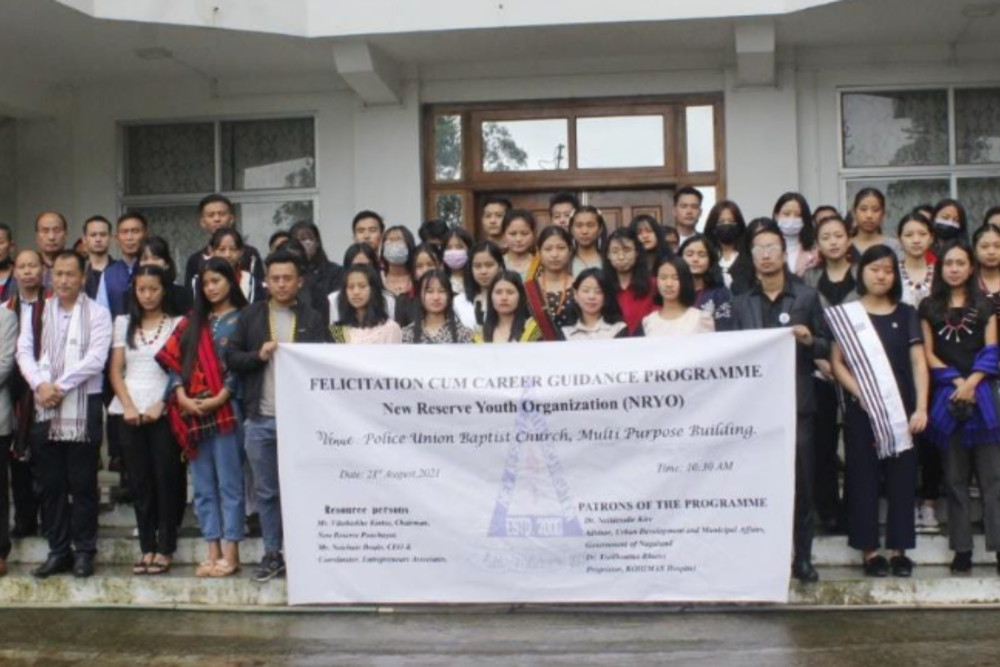
We have seen the economic miracles of government jobs for our people – be it Education, Health, Housing, Travel, and Pension. So, it is not a surprise to see endless celebrations for someone who gets promoted in government jobs, or the felicitations of people with their photos for securing clerical or administrative jobs in local newspapers daily by the Village Unions, Tribal Unions, and peers. Sadly, these social expectations are limiting our people to look beyond government jobs.
In Nagaland, there is a near absence of industry and commerce, due to the conflict history and peculiar societal mindset. Most think, that only government jobs provide employment security. This is relative. What one may see as a secured job may be seen by another as a lack of growth and sounding the death knell for creativity and drive. JM Keynes, the British economist who explained the behaviour of business cycles in the 1930s said: “In the long run, we are all dead”.
Can the lifetime job syndrome of a government job kill our creativity, growth and drive? Not true for all, but since many government jobs come without work in Nagaland, there is a huge semblance.
Pride in work and dignity of labour is immaterial when it comes to securing a government job. Nagaland has about 1.4 lakh government employees making 12.5% of the employable population employed in the government while the Indian national level stands at 2.8% only.
The reality is, that Nagas still want more government jobs even in the face of stupendously spending about 70% of the state budget on salaries, pensions and servicing debts. Strangely 90% of Nagaland’s budget comes from Delhi’s benevolence!
Can we run a modern government like this? Nagaland may become a failed state not because Nagaland lacks economic resources, but because the present human element of Nagaland brought about by the government job culture can destroy all responsible democratic governance and economic resurgence!
For instance, the Directorate buses in Kohima, ferrying government staff are found honking in the town at 10.30/11 a.m. and found back again in the downtown at 3.30/4 pm, braving all traffic jams of Kohima which takes about 1 hour from downtown to secretariat.
In such situations, government staff will be spending hardly 2 to 3 hours in their workstations. In the district government offices, many employees simply don’t come to offices! Our Naga character of hard- working culture, grit and honesty are becoming quite rare in the corridors of government offices.
The saving grace is that there are very few government servants who work hard and keep the departments alive, while the vast majority seems to be on a picnic spree. Things appear doomed because the Indian socialist system has made it very difficult to fire off its workers!
The relaxed government job culture has become the benchmark for white-collar jobs in many Naga families and society at large. Parents in Kohima exasperate if children working in Private companies leave home at 8 AM and come back at about 6 PM.
They question, ‘How can you be so sincere in your job?’ Finding comfort in government jobs with hardly working for one-third of the working days and drawing full salary has become a normal thing. Many consider it God’s blessing! Do we follow a different Bible? Incredibly, it is said that some people even draw 2 to 4 salaries from different government departments, a feat that can happen only in Nagaland!
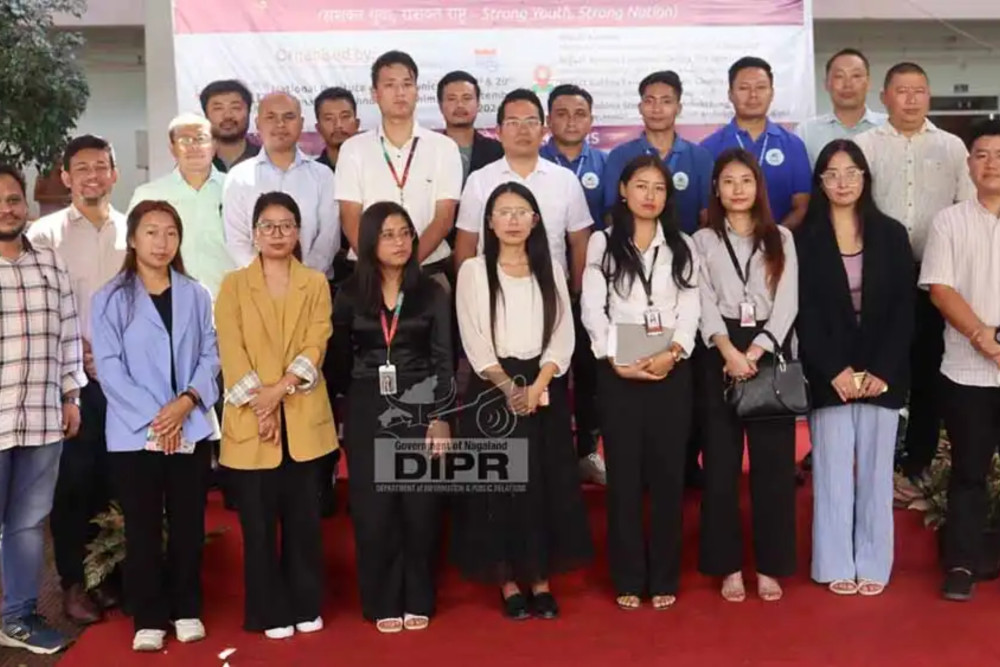
The saving grace is that there are very few government servants who work hard and keep the departments alive, while the vast majority seems to be on a picnic spree. Things appear doomed because the Indian socialist system has made it very difficult to fire off its workers!
The relaxed government job culture has become the benchmark for white-collar jobs in many Naga families and society at large. Parents in Kohima exasperate if children working in Private companies leave home at 8 AM and come back at about 6 PM.
They question, ‘How can you be so sincere in your job?’ Finding comfort in government jobs with hardly working for one-third of the working days and drawing full salary has become a normal thing. Many consider it God’s blessing! Do we follow a different Bible? Incredibly, it is said that some people even draw 2 to 4 salaries from different government departments, a feat that can happen only in Nagaland!
Many would rather take “Good pay, no work” which is the precedent for the collapse of a great civilization. The Naga civilization is synonymous with Liberty, Freedom, and Equality. We don’t discriminate against anyone based on birth, profession or religion, unlike the Indian caste system where one’s caste is determined by birth. The Naga civilization is built upon the pillars of equality, sharing of wealth, and opportunity for all. Hard work is celebrated. But this model is changing extensively with the commencement of invasive government jobs.
Hoarding of wealth was seen as shameful and holding lands beyond one’s need was considered selfish and uncivilized. Sharing of wealth through the Feast of Merit culture was the point of reference for being rich. We nurtured republicanism and made every village a republic.
Today all these are changing. Some changes are necessary for us to live in the global economy. We need capitalists. We need to hoard wealth in the right way. Can we match the economies of modern times stemming only from government jobs and expenditures? Certainly not. We must change our social expectations and priorities.
Sometimes one wonders if the craze for government jobs is becoming the cemetery of Naga talent, creativity and drive. The social expectations, family pressure, and Church recognition of the government job as the ideal job worth pursuing is limiting our youth and society to become more vibrant. We need to grow and ride the new tides of economic opportunities offered by market and business.
The extreme dependence of Nagas on government jobs has not only fueled corruption and dependency on Delhi handouts, it is reducing our entire economic system to a government salary-based economy. Nagaland, being a non-revenue state, the swelling of government jobs cannot be sustained. It has ravished the human element of the Nagas to a large extent. No government pays its servants to become rich. Extraordinarily, the Nagaland case is singular.
What is being rich in the Naga context?
Being rich is relative. For someone, Rs.1 crore annual income may be rich, while for another, Rs.10 crore annual income, yet to another it may be Rs. 100 crore annual income and to the ambitious, Rs.10,000 crore annual income! No government job of the day provides Rs.1 crore annual income! Should one misappropriate public funds to become rich as wanting to be rich is an instinct? Are we limiting the Naga mind to less than Rs.10 crore annual income? The human element – the character of the people of any given society determines its independence and self-reliance. Are we Nagas limiting our human capital to only government jobs? The dependence on government rather than the market for wealth and income is contributing to the cancerous corruption plaguing Nagaland. Gunnar Myrdal, a Swedish economist, noted in the 1960s that corruption in India is “endemic and chronic”.

Perhaps this is the biggest casualty of the Nagas experiment with the Union of India since 1963. Corruption does not create jobs, rather it conceals wealth. For instance, a Rs.100 crore company can employ 150 people or more, depending on the nature of the business. But in corruption, Rs.100 crore can be siphoned off with a stroke of a pen. Corruption is accentuated when public servants want to become rich illegally. This happens more often than not. Nagas seem to have erroneously associated wealth with government jobs.
Gone are the days, when a government officer was the only one who could drive a car to the village when the rest walked bare-footed. In Nagaland, interestingly, a government officer retires with his/her government cars, government bungalow and government land! But this is becoming less envious as many micro and petty Naga business owners are beginning to own more lands and houses than government servants.
This is just a recent trend. It will only accelerate and the velocity will speed up in the coming years. It is assessed currently that 70% of the buildings in Nagaland are owned by government employees, 20% are owned by Contractors, Suppliers, and Politicians and the rest 10% is owned by the business class in Nagaland. It might take about 15 to 20 years for the Naga society to see the change of hands in wielding wealth.
This is so because; currently government servants can easily and quickly access bank credit, not so for the Naga entrepreneurs. Banks do have a major part in building wealth but this also will change. Can we see the change and ride the change?
As more Nagas take up business seriously and with International businesses opening up in Nagaland, the limited financial flow to Naga Entrepreneurs due to the control of the Government will give way to the huge inflow of financial capital from foreign capital within the next 25 to 50 years. Will the Naga entrepreneurs be ready to absorb the emerging market? At the moment, we are not prepared. This opportunity will come sooner than later. Times are changing. We need to change our society’s priorities and embrace the new economic waves.
Am I against Government Jobs?

Not at all! There is nothing wrong with having a government job. But to think that it is the best job is erroneous. When it comes to the creation of wealth and opportunities, the Naga rationalism seems to have gone astray.
Many think that clearing the UPSC or NPSC exams will bring success and riches. This is a fundamental flaw in aspirations. Public commissions are meant to streamline people to serve the policies of the state and execute them well. No government designs the system to make the government servant rich!
Another Naga tragedy is; that most think getting elected as an MLA can take them to the highway of riches. This too is wrong. Being elected as an MLA is to lead and serve, not a gateway to riches! What we experience or see may be different, but the government system and structure is not designed to make people’s representatives millionaires and billionaires. This is where we need change too.
If we want to become rich, we need to do business. No nation dependent on government salary becomes rich. We need to appreciate entrepreneurship and nurture entrepreneurs. We need to celebrate business. We must acknowledge and nurture entrepreneurs, not associate entrepreneurs with “earning a livelihood since they did not get a government job”.
The question is, can business spring forth in Nagaland when family, society, church, and schools look down on business? Can we brand entrepreneurs to that of a petty trader, a woman selling vegetables on the streets? Such livelihood activities have a certain amount of entrepreneurial traits, but they are far from being entrepreneurs.
Can we inspire our children to take up entrepreneurship with such branding associated with livelihoods? Should we associate entrepreneurship with failure to secure a government job? Our wrong opinion of entrepreneurship, unknowingly or otherwise, might be causing Nagas to shy away from business. This is leading to a rude shock where only the non-Nagas take up trade and commerce activities in Nagaland.
It can dispel the cream of our youth away from business. We must rightfully associate Entrepreneurs with Job Providers and Wealth Generators. Correct branding may unleash a wave for the bold and smart Nagas to embrace entrepreneurship.
Naga society must change. We cannot limit the ambitions of our children to that of government jobs only! Our children need to dream of audacious opportunities. We see many young talents wasted, waiting only for government jobs till they are 35 years of age.
Once they cross 35 years, it is too late for many to start in life. In fact, the government must review the age limit to apply for government jobs from 35 to 30 years of age. Why relax under tribal reservation? We must challenge our youth with more possibilities.
If we want to see Nagaland become a developed state, we have no other choice but to encourage hundreds of Nagas to build strong businesses, generating Rs.1000 crore balance sheet annually. Do we have even one? Can any IAS or NCS officer spread a balance sheet of Rs.1000 crore annually?
Of course not! Then who can do that? The Entrepreneur. The question is, do the Naga society encourage our youth to aspire in becoming Entrepreneurs?
It is a challenge to make even Rs.10 lakhs per annum with a petty trade. Hence, it is not easy to make Rs.100 crore business income annually. On the other hand, it is also not easy to be unemployed and stay broke. Being unemployed and poor for 10 years is very toughWorking hard and smart, generating money is easier than doing nothing. Some may scream that this statement is outlandish. But ask anyone who has failed, they will say success is luck and accept their fate.
We need Entrepreneurs
Society’s priorities and expectations are important to shape the future. Our thoughts, our hopes, and aspirations determine our future. We can make our future prosperous with entrepreneurship.

Unemployment is not attached to entrepreneurship. It is the other way. We need entrepreneurs to generate resources for the government to employ more people. It is time for us to change. We can begin by stopping to celebrate only government jobs.
We can celebrate other jobs and professions as well. The craze for government jobs seems to have gone overboard and is becoming detrimental with regard to the social consciousness of wealth and job creation.
The challenge for those very few Nagas who have taken up business much against the wishes of the society, withstanding the ridicule of family and society, they must become ambitious and cross the Rs.1000 crore annual balance sheets.
They must not limit themselves to Rs.10 crore or Rs.100 crore annual incomes. It may be tough. But who says failure is easy anyway? Business ambition must catapult Naga entrepreneurs to Rs.10,000 crore balance sheet annually by 2035. Then, maybe, Nagas will understand and appreciate business under a better light.
Without entrepreneurs, we are doomed to government job dependency, subsidies and grants from Delhi. I hope, our Naga society changes and encourages entrepreneurship. For this is the best way to make Nagaland, a land of opportunities and riches.
A bureaucrat in Delhi quipped, “Nagaland is not a land of festivals but a land of government servants”. If we take up business in a war footing fervour, Nagaland can be propelled into a developed society within 20 years because of our excellent social capital, human capital and land-holding system.
By the age of 10, most Naga kids know Nagamese, Hindi and English apart from their mother tongue. The learning exposure for Naga kids is far more wider than that of many other countries. The tragedy is our society limits our kids to only government jobs.
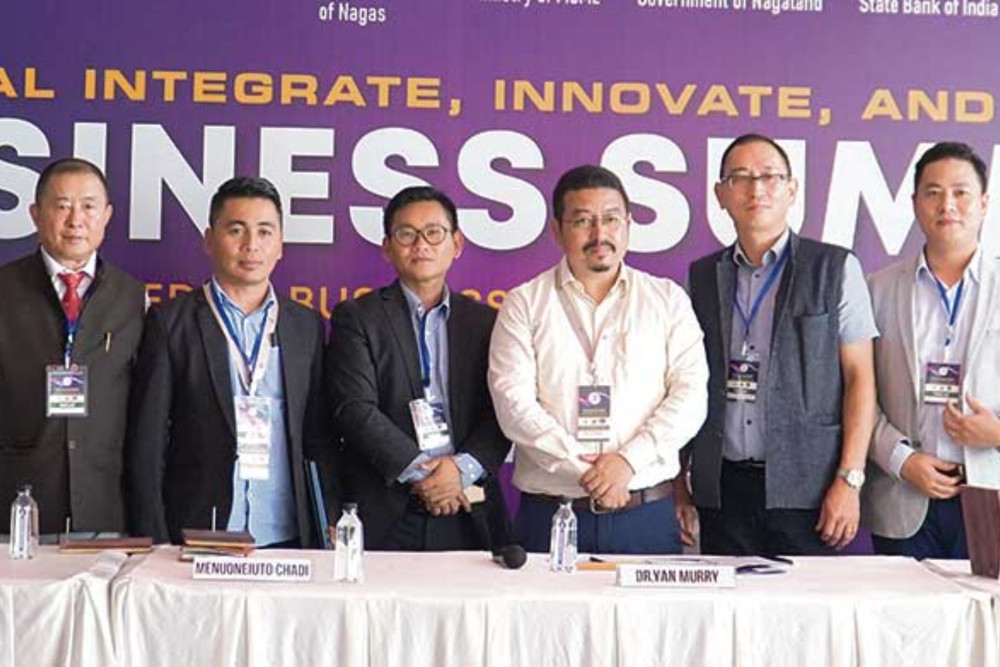
The Indian market has 140 crores population which the whole world is envious of. However, this opportunity may be formless and meaningless for Nagas since we don’t engage in business. If we take up business, Nagas will turn the fortune of Indo-Naga conflict to our favour.
India will become our market and asset. Delhi will not be able to contain the gushing out-of-business waves amongst the Nagas because NER India has a 98% international boundary.
The Nagas’ ethnicity, culture and living habits are similar and familiar with the ASEAN economies. Business partnerships will be natural. India’s Act East Policy has to be through Nagas.
Nevertheless, this will have no relevance for Nagas if our focus is only government jobs and we do not build entrepreneurship.
No economy can develop without entrepreneurs. No government can survive without business and a strong tax base. Nagaland is no exception.
Developing entrepreneurship is not an option. It is the option. Only a strong entrepreneurial breed can give the much-needed confidence to Nagas. This will make the Nagas’ association with India prosperous.
Case Study – D/CAFÉ by Dilli Khekho

Caffeine Fever Laying the Groundwork
Dili Khekho is the proud owner of the famous café chain in Kohima called ‘D/Café.’ This café is located in Jail Colony, Police Headquarters (PHQ), and in the Main Town of Kohima. Dili pursued his higher secondary to college days in Shillong, where he spent most of his free time hanging out in Cafes. He looked forward to it every evening because there were no cafes back home. Dili secured his B.SC and M.SC (Both in Environmental Science) at St. Edmunds College and NEHU Shillong, respectively. Dili comes from a family of 7; 3 Brothers and 2 Sisters.
As he spent his time visiting different cafes in Shillong, the thought of starting his own coffee shop was percolating in his mind for quite some time now. But in the same breath, he was aware of the obstacles that stood in his way. The financial blockage was his biggest concern. Plus, there was nobody in his life at that time to shower in the provision to make his plan come to fruition. Once he completed his Master’s Degree, Dili came back to Kohima and started working as a teacher for over 4 years.
In 2015, Dili had to travel to Pune for some work obligations. He also ended up meeting a friend of his who had been living in the city for a period of 14+ years. He took Dili to an array of cafes since he knew his love for coffee. One day, they ended up going to an old coffee shop known as ‘COFFEE JAR.’ The owner of this café also had an immense passion for the beans prior to becoming a full-fledged owner.
The owner has a staggering 50 different outlets in various cities of India. Dili’s friend describes the owner as a humble person, whose business is constantly growing both in quality and quantity. As Dili and his friend were having this chat inside the café, Dili popped the idea of having his own café in the conversation. He told his friend about how he always wanted to open a café in Kohima or Dimapur.
As they were chatting, they witnessed the owner Cini Baig arriving to the café on a Scooty. Dili described him as a simple, down to earth type of person who was still grounded and remained true to his roots. As he stepped in the café, Dili’s friend introduced them saying “Hey Cini, you need to meet my Friend. He is from Kohima and he will be in the area for a couple of days, and he also wishes to start his own Café.”
Here, to which Cini replied “Hey Dili, it’s nice to meet you. Let’s sit and talk.” Cini Baig right away told him about the training he needs to undergo to perfect this craft. He further went on to describe the training period into 3 parts:
- 1st Month – This phase is very interesting since you get to learn new things as a rookie.
- 2nd Month – Here, things start to become a little mundane because you are repeating the same thing over and over again.
- 3rd Month – As the final month comes to a close, one gets to see if they are actually committed to this trade or not.
Dili again describes Cini as a godsend angel because he assured him that he will be there to help him. Cini was ready to provide Dili with the coffee beans and also offered to find a place for him to get professionally trained. All of these signs acted as a divine confirmation for him to continue working towards his passion until it becomes a reality.
Cini ended up connecting Dili to a group of Americans and helped him get trained at the Zera Coffee Company, Texas back in Bodhgaya, Bihar. Dili stayed there for a period of 5 months and regards his trainees as meticulous and quite specific about their practice. He remains extremely grateful to have been trained by them.
Going into this, Dili had three important objectives when he first started this coffee shop.
- To create and embody the coffee culture in Kohima.
- To make the customers feel at home.
- To sustain and grow by following the three vital Cs i.e., Consistent food & service, Cleanliness, and Customer Service.
But Dili also talks about how he felt intimidated by the potential challenges that was going to come his way. He says that things would have been easier if he already had a name with proper customer base since social media was not present during those times. So, starting anything new was a difficult task in itself.
Financial challenges
Dili took a break for 6 months from teaching in Baptist High back around August of 2015. He kept a substitute and it was a leave without pay. The training consisted of learning skills such as Barista, Management, etc. He started working again in the school in January of 2016 once his training matured. But prior to him leaving for his training,
Dili shared this new pursuit with a friend/uncle of his called ‘Mr Haresh Vaswani,’ who lives in Shillong. Mr Haresh Vaswani is a successful entrepreneur who has numerous restaurants, lodging hotels and a sheep yard.
When Mr Haresh Vaswani heard about his training, he seemed very happy with the idea. And although, he didn’t provide the financial means right away to Dili, he advised him to have faith in God’s divine time and keep planting the little seeds of hope. Here’s what he said “Trust in the Lord, the Lord Will Provide.” Dili had also shared this plan of his with a close colleague who was just as supportive as the rest. One day as they were having a cup of instant coffee in jail colony after school, his colleague advised him to start his café soon.
They went together to see the KF Complex, which was partially empty at first. Dili adored the space but he unfortunately did not have the financial means to pay the security deposit. His parents were also not in the position to support his endeavors. So, he went on to seek monetary assistance from his relatives. The owner of the building priced the space at 1.8Lakhs, to which he reduced to 1.5Lakhs after negotiating with Dili. Once he booked the space, his next objective was to renovate the place
He approached his Uncle Haresh who lives in Shillong for proceeding with the café plan. His uncle was kind enough to invite him over and provided him with an assistance of 1Lakh. Dili used the money for buying a set of sofa seats and for renovating the space. But he still needed money to buy the most important thing i.e., a coffee machine, which he told his dad about. His dad had the utmost trust in him and had gotten him the money through a group that lends money at a low rate of interest.
He borrowed a sum of 3 Lakhs from them and used it to furnish the place within 6 months. Dili successfully launched the café in 15th September, 2016. His dream had become a reality and he couldn’t fathom the Lord’s goodness.
What do his loved ones think?
Dili’s friends and families were always supportive of his endeavors and decisions. They never questioned him but only supported him with a dose of reality. However, there were a lot of naysayers who questioned him and his business. They were also adamant in believing that his coffee shop would fail in a year or two, especially because of the unpredictable market. But Dili always remained headstrong in the fact that his love and passion for coffee will always make him and his business successful. With 7 years and running, you best believe that the haters had to sip their own negative words down with a lot of caffeine.
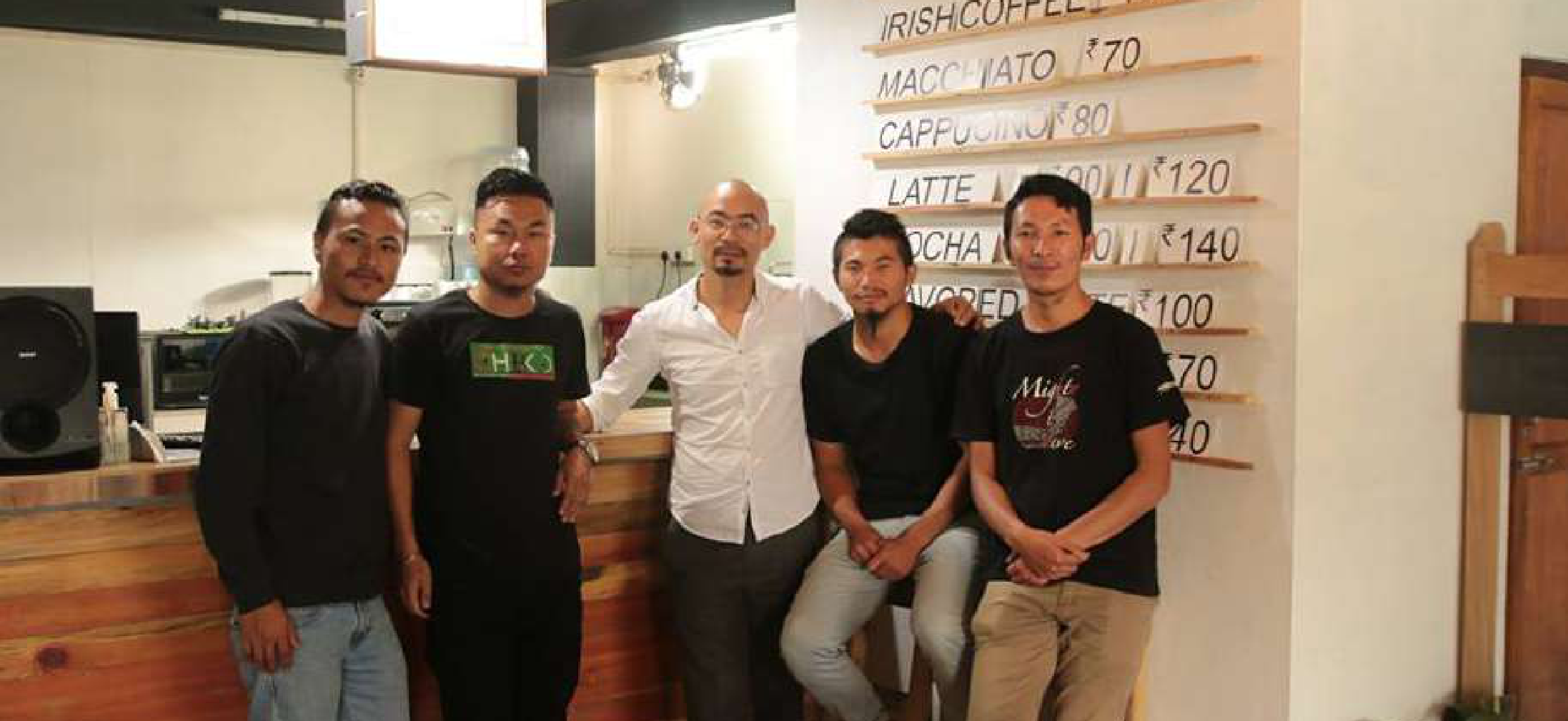
A promise to my father
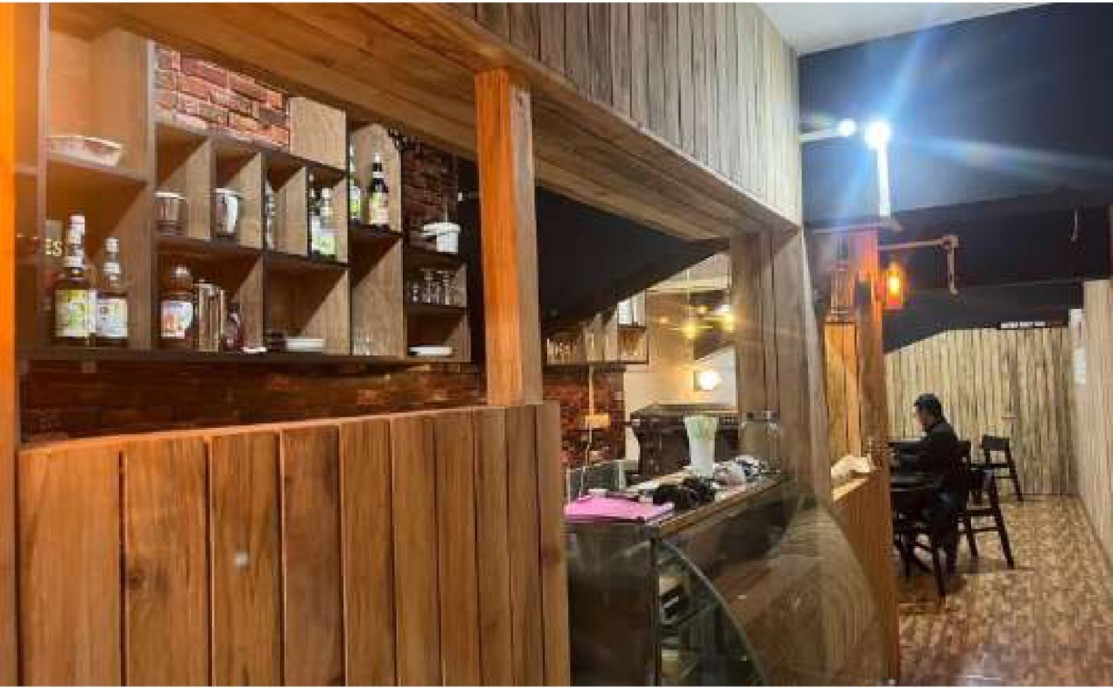
Dili’s father unfortunately passed away when he was still renovating D/Café. His father had seen the place while it was under construction and was already proud of him. Here’s what he said verbatim “My Dad trusted me and told me that I will flourish in life.”
However, his father was concerned about his eldest and youngest brother. Prior to his dad’s passing, they had planned to build a home in their Pudunamei Village. So, he always carried the burden of building a house of their own.
Over the years, Dili had saved some money to which he used for building the house in November of 2021. He successfully completed the house in just a span of 6 months. He fulfilled his promise to his dad and knew he would be proud and smiling from up there.
A message to aspiring entrepreneurs
Dili has a core set of beliefs that he wishes to indoctrinate in the younger generation of up-and-coming entrepreneurs. He wants the youth to find their niche and work on perfecting it.
But if they wish to start a café, then they have to learn and be extremely skilful. The market is very competitive and the subpar performers will not last.
His advice is for them to seek the required training and work as a Barista first. Then, they can start saving up, branch out and have their own coffee shop one day. He also doesn’t want the young folks to give up or be discouraged because they have limited resources.
In Dili’s words “I Want them to look at me and be inspired. I Started without a single penny and still made my dream come true.”

He wants people to know that it’s still possible to start a business without any savings. As long as one is determined and committed to the dream, anything is possible. Dili is hoping to grow his reach as time progresses and to also provide employment to struggling youth. He hopes to give back to society in this way.


